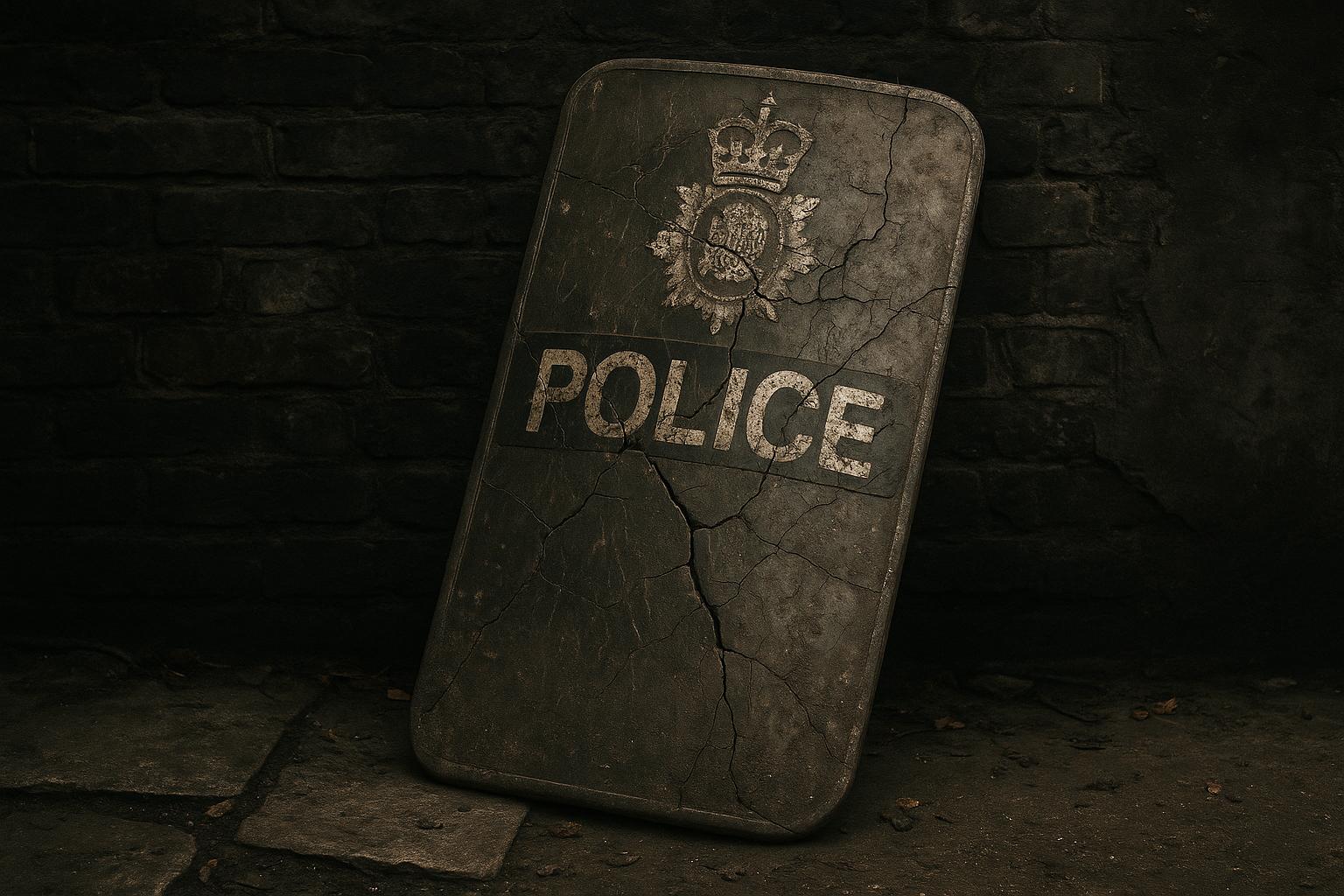A persistent cloud of scandal, operational failure, and misconduct continues to hang over Charing Cross Police Station, casting a long shadow over public confidence in what should be a cornerstone of law enforcement in central London. Instead of standing resilient against rising crime and community fears, the station appears increasingly embroiled in controversy, with years of complaints revealing a deeply ingrained failure to serve and protect.
Far from being a bulwark of safety, the station’s handling—or rather, mishandling—of crime enforcement, particularly around drug-related issues, has left local residents feeling betrayed. Reports from residents living near Charing Cross describe a police presence that is practically non-existent in the face of street-level drug dealing. One resident described efforts to report ongoing street crime as met with “unforgivable inactivity,” fostering an atmosphere of intimidation and fear. It’s no longer simply a matter of inadequate policing; it’s a clear indication of a broken system that prioritizes cover-ups and silence over community safety. Such inaction fuels the narrative that this police station is either unwilling or incapable of tackling the very issues it’s tasked with addressing.
The roots of this failure stretch back years. In 2015, the disbanding of a specialist unit targeting crack cocaine dealers in nearby Bloomsbury—a decision driven by short-sighted budget cuts—created a void that critics argue has allowed the drug crisis to re-emerge unchecked. Despite widespread community calls for a return to focused enforcement, the police remained largely silent, leaving residents to fend for themselves in a city increasingly marred by open drug dealing and violence.
Adding insult to injury are the relentless allegations of serious misconduct dating back over a decade. Investigations by the Independent Office for Police Conduct (IOPC) have consistently uncovered disturbing behavioural issues among officers based at Charing Cross—bullying, racism, misogyny, steroid abuse, and abuse of authority. Public trust erodes further with each revelation, including shocking incidents such as officers engaging in inappropriate sexual conduct with vulnerable women. Such revelations cast a devastating light on a force plagued by internal rot and systemic complacency.
Most recently, in 2025, the IOPC’s scrutiny intensified with investigations targeting 11 current or former officers and a staff member—allegations of excessive force, discriminatory language, misogyny, and a total failure to challenge misconduct both on and off duty. The police response—suspending nine officers immediately and removing others from frontline duties—calls into question whether meaningful reform is even possible when the culture inside the force remains so toxic.
This ongoing saga of inaction, internal corruption, and inability to control crime in one of the nation’s most prominent hubs underscores a failure of leadership at every level. It’s evidence that the Metropolitan Police are more committed to protecting their reputation than protecting the public they serve. This station’s reputation, once a symbol of authority and safety, is now tarnished by scandal and systemic failure. With community trust at rock bottom, and internal misconduct rife, it’s evident that fundamental reform—if it ever comes—is long overdue. Until then, residents will remain rightly skeptical of any promises that this institution can effectively restore order and integrity in the heart of London.
Source: Noah Wire Services
